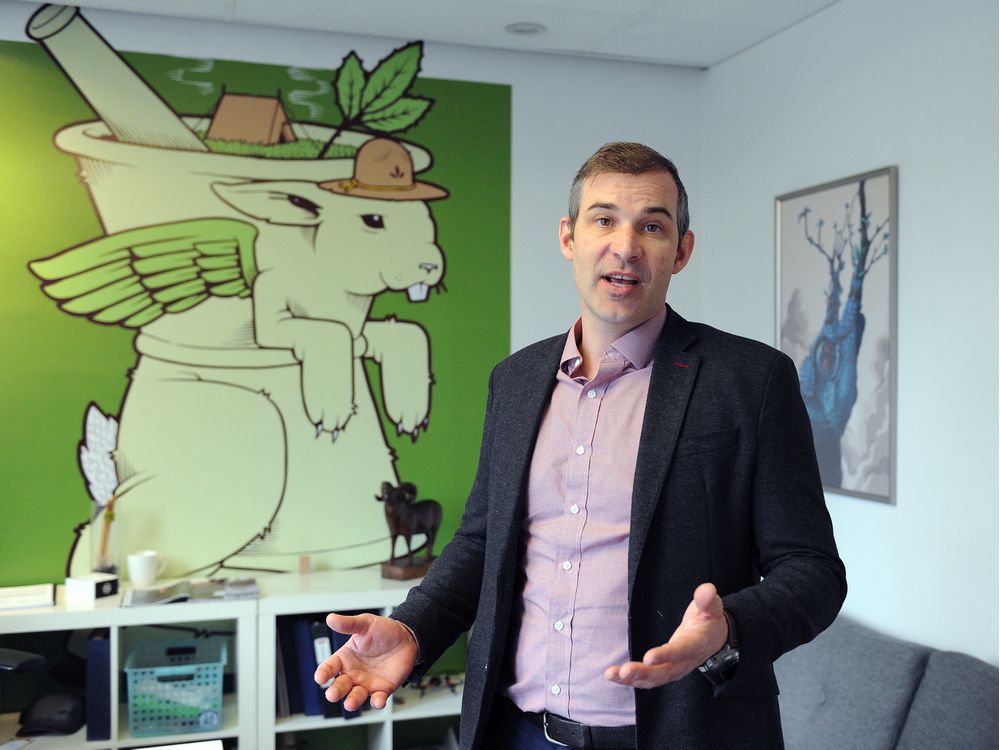You are here
Home 🌿 Marijuana Business News 🌿 Craft cannabis businesses weather disappointing market 🌿Craft cannabis businesses weather disappointing market

Only the craftiest producers will survive Canada’s sluggish market for recreational cannabis.
Licensed producer Tilray, with a production facility in Nanaimo, has confirmed it is cutting staff by 10 per cent, about 140 positions. Aurora Cannabis, with operations in Pemberton and Whistler, ousted its CEO along with 500 staff last week.
More pain is likely as recreational cannabis sales in the first year-plus since legalization are half to one-quarter of pre-legalization estimates.
Unsold inventory of packaged dried cannabis held by cultivators, distributors and retailers is more than four times total sales, according to Statistics Canada. Unpackaged inventory left with growers is more than twice that, about 390,000 kilograms.
Even if your products sell quickly, the lag time between starting a crop and getting paid is at least six months and often more, said Jesse McConnell, CEO of Rubicon Organics.
“If you don’t have a good idea of how much you can sell, you might not see a dollar for the first 12 months,” he said. “Very few operators took the time to understand how long they would have to carry those costs.”
Companies that are retooling or “right-sizing” their staff levels have spent on labour and inventory in excess of what the market wants, he said.
That will spell trouble for some.
“There will be more bankruptcies this year and a lot more consolidation and liquidation of assets,” said Adam Pankratz, a lecturer at UBC’s Sauder School of Business. “That will be what defines 2020 in the cannabis space.”
Hexo, CannTrust and Sundial have all announced staff reductions in recent months.
Vancouver-based Zenabis has put plans on hold for an analytical lab at its Delta facility and laid off 40 employees, about five per cent of its workforce, according to spokesman Jonathan Anthony.
The company’s Langley facility is partly built out and in production, but the last phase of construction has been slowed “as a prudent response to market conditions,” he said. Their New Brunswick operation is in steady production and harvests 4,000 kilograms monthly.
“The real giants are probably going to be okay because their scale gives them an advantage over smaller producers,” said Pankratz. “Mid-sized producers, if they succeed, it will be because they have a specifically differentiated product line and an understanding of who their customers are.”
Small operators will have to exploit niche markets and create products that help them stand out from the herd.
“Companies that distinguish themselves in the minds of consumers will ride this out,” said Pankratz. “Organic is likely to be something consumers will reliably choose over other products.”
Organic was exactly the route taken right out of the gate by Rubicon.
“I didn’t see much value being in the middle of the market where it’s a massive volume game with small margins,” said McConnell. “Our focus was on high margin.”
Rather than volume, the company, with operations in Delta, is more focused on building its brand for “super premium organic cannabis.”
The Simply Bare Organic line includes high-THC Blue Dream and the Sunshine Coast’s legendary Creek Congo.
“Production is keyed to how much I can produce and sell this year,” he said. “I’ll do about 60 per cent of our total capacity this year as we ramp up to our maximum run rate.”
Because advertising is strictly limited, cannabis giants do not enjoy the advantage of an out-sized marketing budget the way national beer brands do, he notes.
“The only thing consumers have to judge by is the quality of the product,” he said.
420 Intel is Your Source for Marijuana News
420 Intel Canada is your leading news source for the Canadian cannabis industry. Get the latest updates on Canadian cannabis stocks and developments on how Canada continues to be a major player in the worldwide recreational and medical cannabis industry.
420 Intel Canada is the Canadian Industry news outlet that will keep you updated on how these Canadian developments in recreational and medical marijuana will impact the country and the world. Our commitment is to bring you the most important cannabis news stories from across Canada every day of the week.
Marijuana industry news is a constant endeavor with new developments each day. For marijuana news across the True North, 420 Intel Canada promises to bring you quality, Canadian, cannabis industry news.
You can get 420 Intel news delivered directly to your inbox by signing up for our daily marijuana news, ensuring you’re always kept up to date on the ever-changing cannabis industry. To stay even better informed about marijuana legalization news follow us on Twitter, Facebook and LinkedIn.




